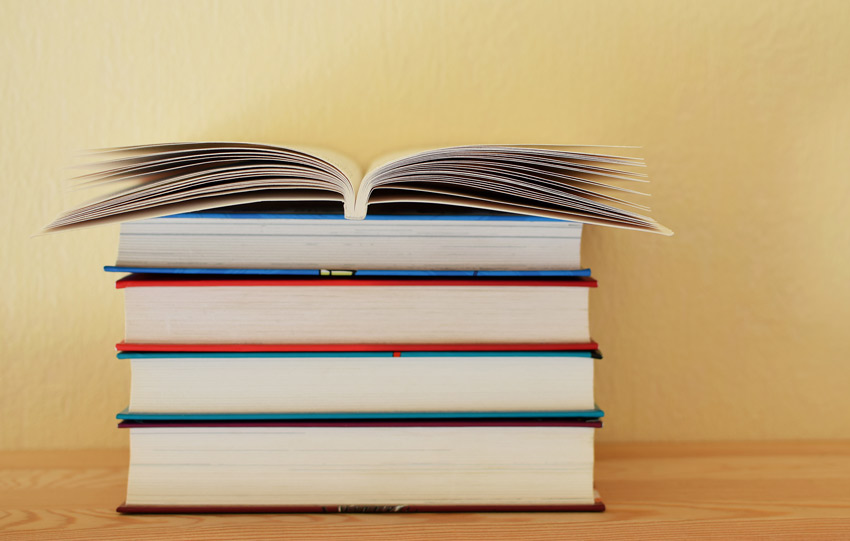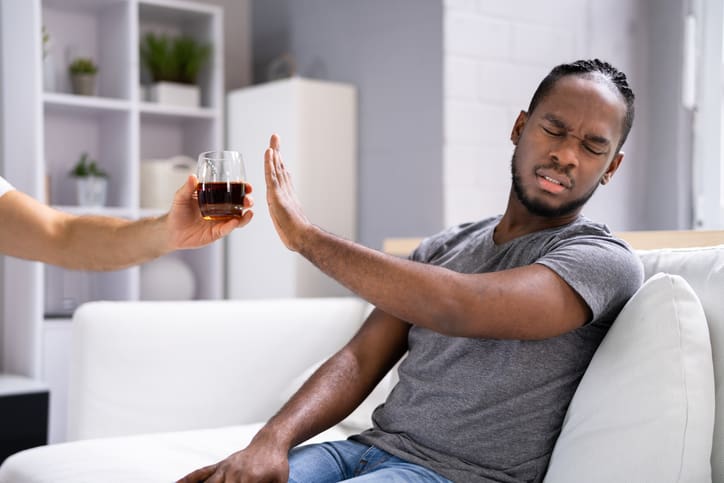If you or a loved one has struggled with a substance use disorder, you know that recovery requires a wealth of resources and energy. In the face of what may seem like overwhelming odds, self-help books about addiction may seem superficial or even pointless.
DIY Addiction Recovery?
Sure, self-help books might help tremendously in romantic and professional areas. However, sobriety and its challenges prove far more complex than saying all the right things on the first date or nailing the elevator interview.
In simplest terms, a self-help book cannot on its own adequately help someone overcome a substance use disorder. Here’s why:
- Someone who is physically dependent on drugs or alcohol prioritizes, above all else, acquisition and consumption of their substance of choice. They do not have the physical or mental capacity to sit and read about how to manage that dependence.
- Detoxing at home is typically ineffective and can be life-threatening. A self-help book on home detoxification has little merit.
- Addiction and the drugs that fuel it mess with a person’s brain chemistry, changing how they understand and process information and hindering their ability to learn, change, and grow. Professional treatment and therapy are necessary to help restore the brain to health.
- The most successful form of recovery usually requires physical connection to and contact with others. A book can help you feel less alone, but it fails to create a real community of in-person support and encouragement.
Why buy or bother reading self-help books, then?
A holistic recovery involves a balance between learning about addiction recovery and putting it into action. For someone who has already been through detoxification and is working on their recovery via a treatment program and/or a recovery support group, self-help books can be an excellent addition to their sobriety toolkit.
Self-help books have several advantages:
- They are inexpensive.
- They are easily accessible online, in libraries, or in bookstores.
- They are often recommended by therapists as an accompaniment to treatment.
So…are you open to some suggestions? Here are five books about addiction that we at St. Gregory Recovery Center highly recommend.
1. 365 Ways to Have Fun Sober, by Lisa M. Hann
Light, good for all ages, and useful, this book offers a calendar-style organization of cool activities to engage in each month. It is effective for inspiring the imaginations of bored teens or for those who start to feel sluggish or stuck in recovery. Hann motivates readers to get creative and at an affordable price.
2. Powerless No Longer: Reprogramming Your Addictive Behavior, by Peter W. Soderman
This book explains in detail the patterns that form in the brain due to a substance use disorder. Soderman suggests different avenues and strategies for reworking negative thoughts regarding our independence and ability to recover. The book encourages readers to not think of themselves as the victims of their vices.
3. Sober for Good: New Solutions for Drinking Problems — Advice from Those Who Have Succeeded, by Anne M. Fletcher
Fletcher compiles advice from real people who overcame their drinking dependence. Geared toward struggles with alcohol in particular, this book is a wealth of information and inspiration.
4. The Small Book: A Revolutionary Alternative for Overcoming Alcohol and Drug Dependence (Rational Recovery Systems), by Jack Trimpey
Trimpey wrote this book in 1995 and roots his method for recovery in scientific and social evidence, thus providing an alternative route for those who are uncomfortable with the traditional 12-step emphasis on a Higher Power. For many people in recovery, this book is refreshing, providing scientific education alongside the spiritual education that many treatment programs offer.
5. Beyond Addiction: How Science and Kindness Help People Change, by Jeffrey Foote, Carrie Wilkens, and Nicole Kosanke
This book is geared toward family members and loved ones of people in recovery. The authors focus on defining kindness and the steps we can take to display kindness to family and friends in treatment.
Self-Care Is Only Part of Recovery
Self-help books give us perspective, information, and healthy stimulation as we take back our lives in sobriety. But no matter what you decide to read and when, remember that recovery cannot be accomplished alone. Caring for oneself is an important skill, but self-care should be paired with community support and, often, professional treatment.











